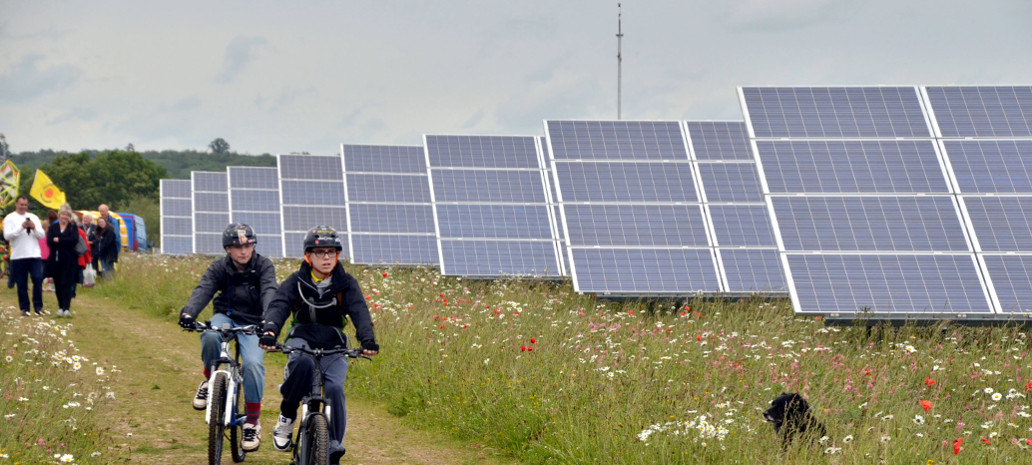The Netherlands is seeing the number of PV projects developed by energy cooperatives increase significantly, according to the report, Lokale Energie Monitor 2017, published by HIER klimaatbureau.
The report reveals that in the first ten months of this year, 100 new collective PV projects with a combined capacity of around 37 MW were built in the country. This, the report stressed, represents a 53% increase from 2016. The regions with the largest share of these project types are: Friesland with around 10 MW of projects; and Noord-Holland, which accounts for 5.7 MW of capacity.
HIER klimaatbureau calculates that the number of community solar projects could double over the next two years, partly due to the increasing amount of community solar projects developed under the SDE+ program for large-scale and renewables.
The SDE+ scheme, however, is not the only incentive scheme supporting community solar. According to HIER klimaatbureau, several projects were also built under a specific incentive program for cooperatives, which is known as the Postcoderoosregeling. The scheme is intended at helping those homeowners (according to Rabobank around 75% of all homeowners in the Netherlands) that are interested in using solar energy, but whose roofs are simply not equipped to accommodate solar systems.
The authors of the report highlighted that the success of community solar and wind power projects is also due to a more professional approach achieved by energy cooperatives. According to the report, around 60% of the cooperatives are engaged in the resale of power.
This content is protected by copyright and may not be reused. If you want to cooperate with us and would like to reuse some of our content, please contact: editors@pv-magazine.com.




By submitting this form you agree to pv magazine using your data for the purposes of publishing your comment.
Your personal data will only be disclosed or otherwise transmitted to third parties for the purposes of spam filtering or if this is necessary for technical maintenance of the website. Any other transfer to third parties will not take place unless this is justified on the basis of applicable data protection regulations or if pv magazine is legally obliged to do so.
You may revoke this consent at any time with effect for the future, in which case your personal data will be deleted immediately. Otherwise, your data will be deleted if pv magazine has processed your request or the purpose of data storage is fulfilled.
Further information on data privacy can be found in our Data Protection Policy.